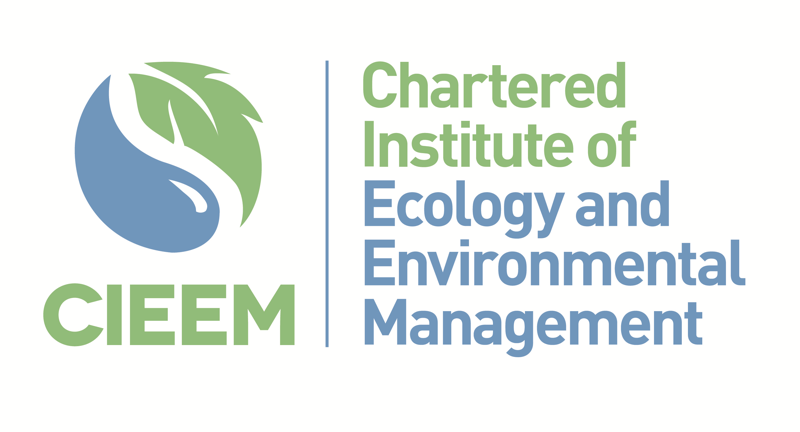Richard Green is one of a small number of Bat Mitigation Class Licence (BMCL) Registered Consultants in England, having demonstrated a high level of earned recognition in this field.
Richard is also registered under Bat Mitigation Class Licences (WML-CL39 & CL40) for permitting actions affecting bat roosts in buildings and trees to allow construction of HS2 Phase 1.
The aims of the WML-CL21 licence are to:
- Reduce the costs and delays for developers;
- Reduce the burden on Natural England;
- Allow a more proportionate approach for low conservation status roosts of certain species (under strict criteria); and
- Reduce adverse perceptions of bats.
We can therefore offer a more competitive package for bat surveys and licensing where survey findings fall under the criteria for this licence. We can also apply for a licence if another consultant has undertaken surveys but does not hold a BMCL.
In summary, the BMCL permits the disturbance and capture of bats and / or damage / destruction of roost/s of no more than three low conservation significance roosts (i.e., feeding roosts, day, night and transitional/occasional roosts), affecting no more than three of the more common species of bat present in small numbers.
Species covered under Annex B include:
- Common pipistrelle;
- Soprano pipistrelle;
- Brown long-eared;
- Whiskered;
- Brandt’s;
- Daubenton’s; and
- Natterer’s bats.
Annex C covers low conservation significance serotine bat roosts, i.e., day, night, feeding and transitional/occasional roosts used by small numbers of serotine bats. Roost compensation/mitigation should include retention or re-creation of roosts and access points. Bat boxes are not appropriate compensation for serotine bats. A presence/absence survey must be carried out at an appropriate time of year. It must be done at least two years after and within five years of completing the licensed activities.
Annex C can only be used to register serotine bat roost sites in the following counties, including any unitary authorities present within these counties:
- Berkshire
- Essex
- Oxfordshire
- Buckinghamshire
- Greater London
- Somerset
- Devon
- Hampshire
- Surrey
- Dorset
- Hertfordshire
- West Sussex
- East Sussex
- Kent
- Wiltshire
Annex D covers low conservation status lesser horseshoe bat roosts, i.e., day and transitional/occasional roosts used by small numbers of lesser horseshoe bats. It does not include night roosts and feeding roosts. Roost compensation/mitigation should include retention or re-creation of roosts and access points. Bat boxes are not appropriate compensation for lesser horseshoe bats. A presence/absence monitoring survey must be carried out at an appropriate time of year. It must be done at least two years after and within five years of completing the licensed activities.
Annex D can only be used to register lesser horseshoe bat roost sites in the following counties, including any unitary authorities present within these counties:
- Bristol
- Gloucestershire
- Cornwall
- Herefordshire
- Devon
- Somerset
- Dorset
- Wiltshire
Natural England charges may apply. Click here for further information.

